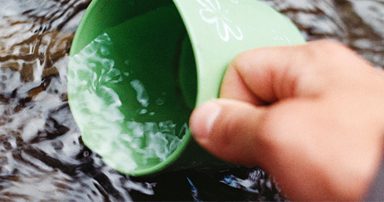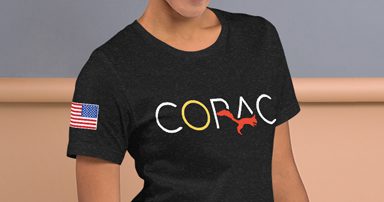Ordinary Wisdom
[Question] My brain is having trouble figuring out how a liquid dilution is different from a medicated potency, which is also a liquid. When do you use one or the other?
[Answers] The differences between a liquid dilution and a medicating potency involve (1) how much water and alcohol they contain, and (2) how they are used. A liquid dilution must be at least 20% alcohol (in order to be shelf-stable), but we make them with vodka (40% alcohol) because that’ easier than having to worry about cutting the vodka with exactly the right amount of water. A liquid dilution is taken as a remedy. It cannot be used for grafting blank pellets, though, because it contains too much water (vodka is 60% water). I’ll explain: a medicating potency must be at least 87.5% alcohol (and thus no more than 12.5% alcohol) because the blank pellets will dissolve in a solution that contains more water than that. (Most blank pellets are made out of sucrose, and sucrose is water-soluble but not alcohol-soluble). So unless one wants the blank pellets to be one big goopy stuck-together mess, one makes sure to have sufficient alcohol in the medicating potency. We do this by using just enough vodka to dissolve the pellets that you start with, and then filling the rest of the dropper bottle with 95% Everclear. This will ensure that the alcohol level in the medicating potency is high enough to not dissolve the pellets being grafted. Another thing: although a liquid dilution cannot be used like a medicating potency, a medicating potency can be used like a liquid dilution. A few drops in a little water will be a dose. I have at times used my medicating potencies when I need a particular remedy. But I don’t do it often because Everclear is a lot more expensive than vodka. I hope this explanation helps.
























0 Comments